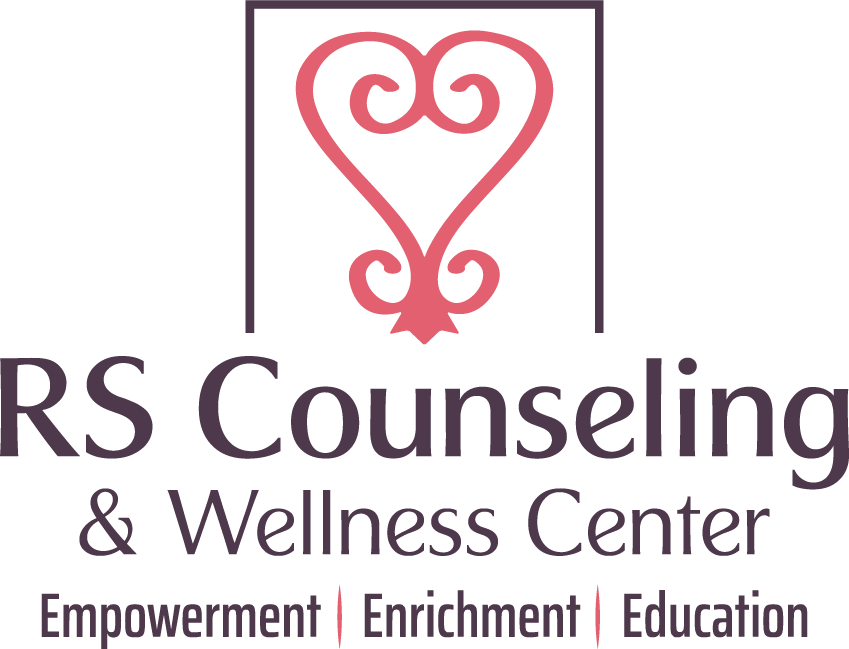Continuing Education Units (CEUs) for Counselors: A Comprehensive Guide
What are CEUs?
Continuing Education Units (CEUs) are a measure of ongoing professional education and training for counselors. They are designed to ensure that licensed counselors stay up-to-date with the latest developments, techniques, and ethical standards in their field.
Importance of CEUs for Counselors
- Maintaining Licensure: Most states require counselors to complete a certain number of CEUs to maintain their professional license.
- Professional Growth: CEUs provide opportunities for counselors to expand their knowledge and skills, enhancing their ability to serve clients effectively.
- Staying Current: The field of counseling is constantly evolving. CEUs help counselors stay informed about new research, techniques, and best practices.
- Ethical Practice: Many CEU programs include ethics training, ensuring counselors maintain high ethical standards in their practice.
- Specialization: CEUs allow counselors to gain expertise in specific areas of interest or to meet the needs of particular client populations.
CEU Requirements
Requirements for CEUs vary by state and licensing board. However, some general guidelines include:
- Most states require between 20-40 hours of CEUs every two years.
- At least 50% of CEUs must often come from approved providers that meet specific criteria.
- Some states mandate specific topics, such as ethics or cultural competence.
- Documentation is crucial. Certificates should include the licensee’s name, topic covered, date(s) of training, and hours of credit earned.
Popular CEU Topics for Counselors
- Trauma-Informed Care: Techniques for working with clients who have experienced trauma.
- Artificial Intelligence in Counseling: Understanding the ethical implications and practical applications of AI in mental health.
- Somatic Therapy: Integrating body-based approaches into counseling practice, especially for trauma treatment.
- Cultural Competence: Enhancing skills for working with diverse populations.
- Group Therapy Techniques: Improving skills for facilitating group counseling sessions.
- Telehealth and Online Counseling: Adapting counseling practices for remote delivery.
- Substance Abuse and Addiction: Updated approaches to addiction counseling.
- Ethics in Counseling: Staying current with ethical standards and decision-making processes.
Finding CEU Opportunities
- Professional Associations: Organizations like the American Counseling Association (ACA) offer a wide range of CEU options.
- Conferences and Workshops: Attend in-person or virtual events focused on counseling topics.
- Online Courses: Many providers offer self-paced online CEU courses.
- Webinars: Live or recorded webinars on specific counseling topics.
- Academic Institutions: Some universities offer CEU programs for counselors.
- Supervision: In some cases, receiving clinical supervision can count towards CEU requirements.
Tips for Maximizing CEU Benefits
- Plan Ahead: Don’t wait until the last minute to complete your CEUs.
- Diversify Your Learning: Choose a mix of topics to broaden your expertise.
- Keep Detailed Records: Maintain a file of all CEU certificates and documentation.
- Align with Career Goals: Select CEUs that support your professional development objectives.
- Engage Actively: Participate fully in CEU activities to get the most benefit.
- Share Knowledge: Consider presenting what you’ve learned to colleagues or in professional settings.
Remember, continuing education is not just about meeting requirements—it’s an opportunity to grow as a professional and provide the best possible care for your clients.

